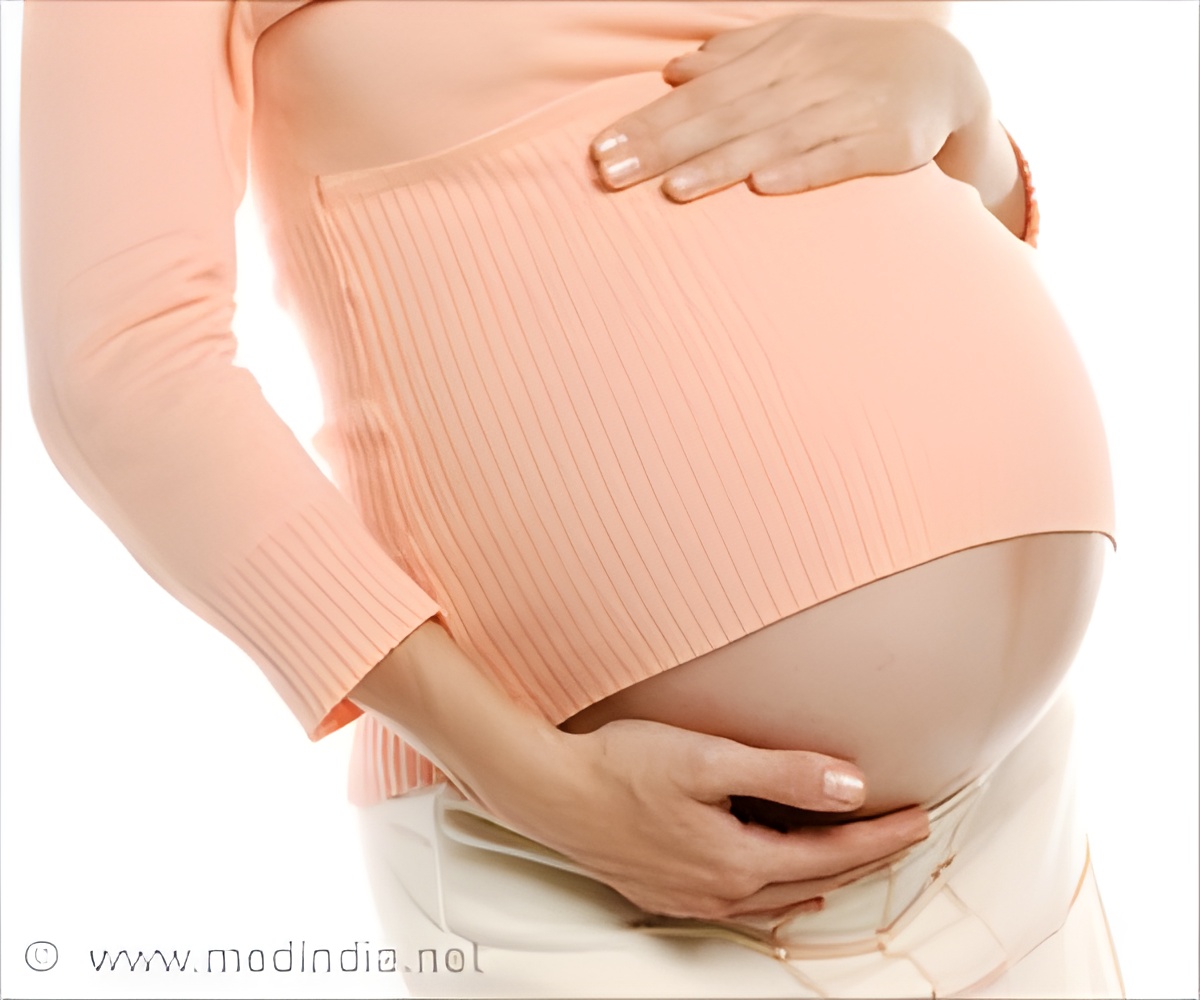
‘A low level of vitamin D during pregnancy is linked to attention deficiency in offspring.
’
Read More..Tweet it Now
The study included 1,067 children born between 1998 and 1999 diagnosed with ADHD in Finland and the same number of matched controls. The data was collected before the current national recommendation in Finland for the intake of vitamin D during pregnancy, which is ten micrograms per day throughout the year. Read More..
Vitamin D deficiency still a problem
The primary investigator, Professor Andre Sourander, says that, despite the recommendations, vitamin D deficiency is still a global problem. In Finland, for example, mothers' vitamin D intake among several immigrant groups is not at a sufficient level.
- This research offers strong evidence that a low level of vitamin D during pregnancy is related to attention deficiency in offspring. As ADHD is one of the most common chronic diseases in children, the research results have a great significance for public health, says Professor Sourander.
The study is part of a larger research project that aims to discover the connections between the mother's health during pregnancy and ADHD in offspring. The goal is to produce information for developing preventative treatments and measures for identifying children with ADHD risk.
Advertisement
In the study, the researchers used the exceptionally comprehensive Finnish Maternity Cohort (FMC) consisting of approximately 2 million serum specimens collected during the first and early second trimester of pregnancy.
Advertisement















